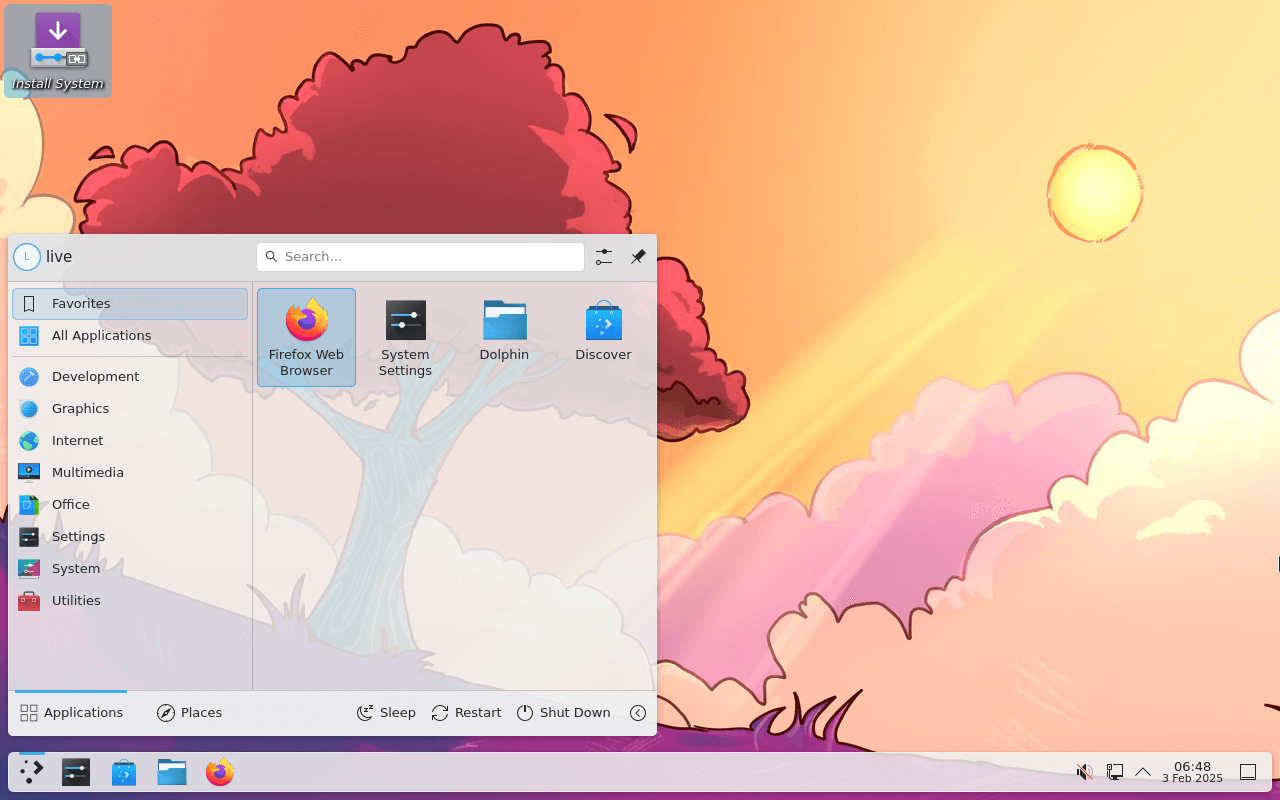Tucana is an ultra customizable distro built entirely from scratch.
Tucana, unlike many Linux From Scratch or other from scratch distros, is binary based and has a fully fleshed out lib32 toolchain allowing for Steam and wine to run natively.
The main selling point is the ease of customization and redistribution. With Tucana you can host your own repos, have custom patched packages and in the end bundle it up into a neat ISO that is easy to distribute, or not do any of those
Essentially Tucana is a Build-Kit where you can share you customizations with anyone who will look at them, think of it like a mega version of your dotfiles but with the ability to customize and build you own packages if you need a kernel patch, non-free software, or if you want to build a purpose built distro like Minecraft OS. Once you finish customizing your desktop, share it using the ISO building tools. Customize the installer ’till your hearts content and build it the way you want to build it.
Tucana uses a fully custom package manager called mercury, entirely written Bash. Mercury isn’t the fastest thing in the world, but its simplicity allows it to be easily modified to suite any need.

| Working state: | Active |
| Desktop: | KDE Plasma, GNOME, Cinnamon, XFCE |
| Init Software: | systemd |
| Package Management: | Mercury |
| Release Model: | Partially rolling |
| Platforms: | x86_64 |
| Home Page: | www.tucanalinux.org |
| Developer: | Rahul Chandra |
Recommended System Requirements:
CPU: 64 Bit CPU with AVX (For QT and Boost and OBS)
Ram: 2GB DDR3 or newer
Storage:20GB (for cache)
TLDR: Any PC made after 2013
A 1 Gigabit connection to your repo server
| This article is part of our Big List of Active Linux Distributions. |
What's a Linux distribution ("distro")? |
| A distro provides the user with a desktop environment, preloaded applications, and ways to update and maintain the system. Each distro makes different choices, deciding which open source projects to install and provides custom written programs. They can have different philosophies. Some distros are intended for desktop computers, some for servers without a graphical interface, and others for special uses. Because Linux is an open source operating system, combinations of software vary between Linux distros. |
